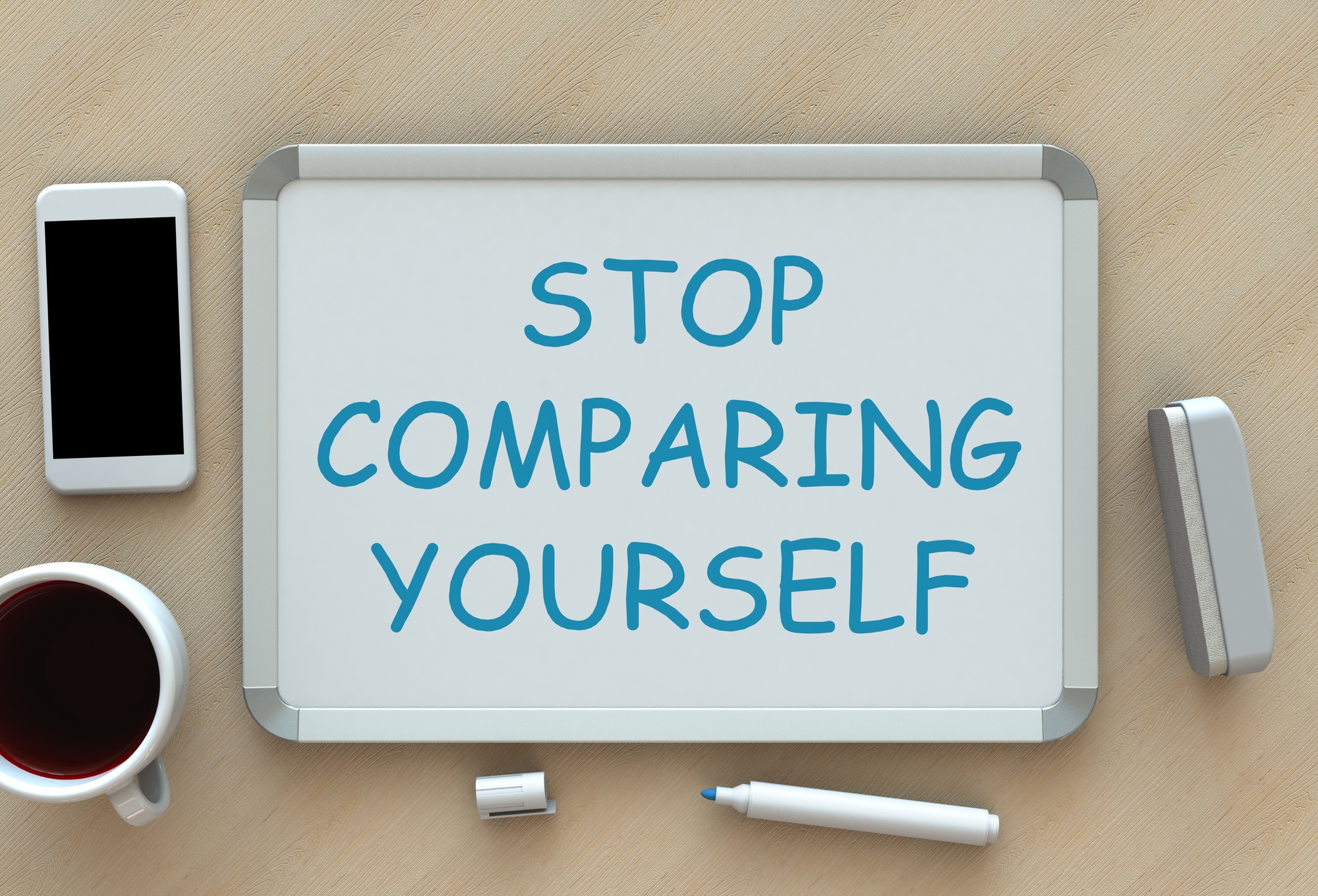Defining Low Self Esteem Disorder: Why It’s Important For Mental Health
4 out of 5 women suffer from low self-esteem disorder, and it’s not just the women. Low self-esteem is on the rise throughout the country thanks to advertising, social media, and daily messages.
Unfortunately, due to how widespread this disorder is, it is commonly overlooked and goes without action. It’s important to know that low self-esteem can take a dramatic toll on your career, romantic relationships, and social life.
Low-self esteem also has the potential to lead to other serious conditions, even addiction. Read on to learn more about low self esteem disorder, it’s symptoms and how to turn it around.
What is Low Self Esteem Disorder
Low self-esteem disorder prevents those who suffer from it from seeing themselves in a clear and healthy light. The condition is embedded within negative self-talk and a disbelief of being worthy or deserving. While low-self esteem has been a known problem in the US for years, media and businesses continue to use marketing that encourages self-doubt.
As a result of low self-esteem, many individuals also hold a low sense of self-worth. This can lead to poor decisions due to the individual believing they are undeserving of things like love, financial stability, or even physical safety.
Important Signs and Symptoms
There is a wide range of symptoms when it comes to low self-esteem disorder. These symptoms include but are not limited to:
- Negative self-talk
- The inability to accept comments
- Constant comparison of self and others
- Bouts of Anger
- Jealousy
- Being very territorial
- Depression
- Substance abuse
- Eating disorders
- Inability to complete tasks
- Anxiety
Causes of Low Self Esteem Disorder
Low self-esteem disorder could have a number of causes, however, the most common is false beliefs based on negative messages we were given early on. This could be something as harsh as verbal abuse or something as simple as constantly being compared to a sibling.
Over time, these messages spoken by others becomes the message in our own head. Unfortunately, the message only grows and we find ourselves believing we are unworthy of love, success or happiness.
How Low Self Esteem Disorder Can Affect Your Career
One of the strongest factors of success within a career field is confidence in your abilities and your value. With a confident, secure relationship within yourself, you are able to make solid decisions and turn to others for assistance when needed without it hitting a sore spot within the psyche.
For example, a raise is much more likely to go towards someone with the confidence to request it and the security to present the reasons why they deserve it than to someone who doesn’t believe they themselves deserve it.
How Low Self Esteem Disorder Can Affect Your Relationships
Insecurity, jealousy, and possessiveness can be poison even to the healthiest of relationships. Unfortunately, these feelings and emotions are common experiences for someone with low self-esteem.
Since someone experiencing low self-esteem often feels undeserving of love or a healthy relationship, they will subconsciously take actions to sabotage it even if they are truly happy. The effects of the psyche are so strong that the subconscious will do whatever is necessary to prove itself correct. It wants to prove that it is undeserving of a fulfilling relationship.
How Low Self Esteem Links to Other Disorders
Low self-esteem disorder is an easy link to other psychological issues. Since those with low self-esteem are regularly playing a track self-doubt and self-loathing in their mind, it’s only a matter of time before those seeds begin to grow.
Other disorders commonly linked to low self-esteem include depression, anxiety, extreme anger, paranoia, and eating disorders. The common thread within each of these disorders is the feeling of being “not enough”.
Low self-esteem is often misdiagnosed as ADD as the individual will quickly switch their focus if the subject they are focusing on increases their feeling of inadequacy.
Addiction
One condition that can evolve as a result of low self-esteem is the struggle with addiction. Lack of support, love, and encouragement at a young age can create a stronghold of negative energy that can be difficult to undo.
Unfortunately, the feelings of never being good enough can allow individuals to turn to substance abuse as the answer. In addition to using addictive substances and behaviors to reduce the feelings of low self-esteem, it’s easy to turn to such options when you already feel that no one cares for you and you have nothing to lose.
Building Self Esteem
Fortunately, there are actions that can be taken to build or rebuild one’s self-esteem. These actions include:
Avoiding negative self-talk
While it may seem difficult at first, removing the negative talk and replacing it with words of love and encouragement can make a vast difference. This could mean getting rid of someone in your life who constantly talks down to you or simply repeating some positive affirmations.
Consider what’s affecting your self-esteem
Whether it’s through journaling or speaking with a therapist, taking time to find the root of your low self-esteem can make a huge difference in your ability to rebuild it. The important thing is that you don’t get stuck on the why. Once you know the source of your feelings start working towards a solution rather than dwelling on the past.
Remove Negative Influencers
Whether it’s friends that make you feel bad about yourself or social media that causes you to constantly compare yourself to others, it’s important to remove such influencers while going through the healing process.
Taking the Right Actions
By being aware of your negative thoughts, seeking support, and incorporating the right self-esteem exercises each day, you have the power to stop your low self esteem disorder.
We suggest starting with our 50 Ways to Untwist Your Thinking as a starter guide to conquering low-self esteem and taking your life back.










